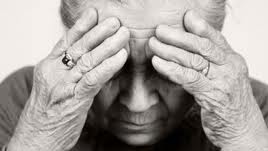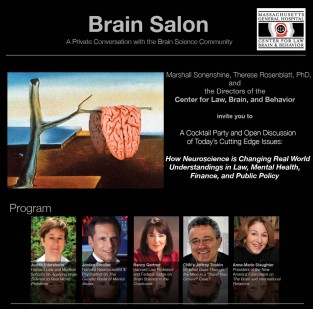By Owen Jones, Rene Marois, Martha Farah, and Hank Greely | The Journal of Neuroscience | November 2013
Abstract
Law and neuroscience seem strange bedfellows. But the engagement of law with neuroscientific evidence was inevitable. For one thing, the effectiveness of legal systems in regulating behavior and meting out justice often depends on weighing evidence about how and why a person behaved as he or she did. And these are things that neuroscience can sometimes illuminate. For another, lawyers are ethically bound to champion their clients’ interests. So they remain alert for new, relevant, or potentially persuasive information, such as neuroscience may at times offer, that could help to explain or contextualize behavior of their clients. In light of this, and in the wake of remarkable growth in and visibility of neuroscientific research, a distinct field of Law & Neuroscience (sometimes called “neurolaw”) has emerged in barely a decade.
Whether this engagement is ultimately more for better or for worse (there will be both) will depend in large measure on the effectiveness of transdisciplinary partnerships between neuroscientists and legal scholars. How can they best help the legal system to understand both the promise and the perils of using neuroscientific evidence in legal proceedings? And how can they help legal decision-makers draw only legally and scientifically sound inferences about the relationships between particular neuroscientific evidence and particular behaviors?
In this article, we highlight some efforts to establish and expand such partnerships. We identify some of the key reasons why neuroscience may be useful to law, providing examples along the way. In doing so, we hope to further stimulate interdisciplinary communication and collaborative research in this area.


 Alternatively, cognitive limitations may be more global in nature. Some elder adults had the foresight to record specific beliefs prior to any cognitive disease. Health care proxies, living wills, or financial power of attorney document an individual’s choices at an earlier time point.
Alternatively, cognitive limitations may be more global in nature. Some elder adults had the foresight to record specific beliefs prior to any cognitive disease. Health care proxies, living wills, or financial power of attorney document an individual’s choices at an earlier time point.

